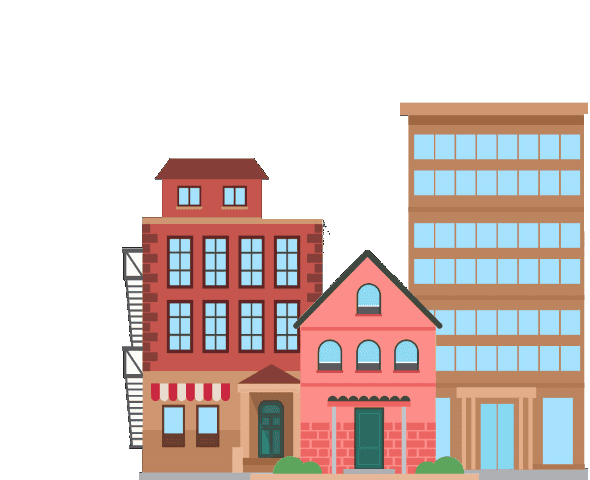Canada has long been known as a welcoming country for immigrants, but questions often come up about housing. Can newcomers buy property? Do they face higher costs or restrictions? With housing affordability being such a hot topic, there are plenty of myths that cause confusion. Let’s break down the most common misconceptions and explain the reality of housing for immigrants in Canada.
1. Myth: Immigrants Can’t Buy Property in Canada
Reality: Immigrants — including permanent residents and, in some cases, temporary residents — are allowed to buy property in Canada. There are rules that vary by province and residency status. For example, the federal government temporarily restricted some non-residents from buying property in major cities to cool housing demand, but permanent residents and many newcomers are exempt from those rules.
2. Myth: Immigrants Pay Higher Taxes on Homes
Reality: Permanent residents are generally treated the same as Canadian citizens when it comes to homeownership taxes. However, foreign buyers who do not yet have permanent residency may be subject to an additional tax in some provinces. For example, Ontario and British Columbia both have a Non-Resident Speculation Tax (NRST) on certain property purchases. Permanent residents are usually exempt, making it easier for immigrants who plan to stay in Canada long-term.
3. Myth: Immigrants Can’t Qualify for Mortgages
Reality: Many lenders have programs designed specifically for newcomers. If you’ve lived in Canada for fewer than five years, you may be able to qualify through a “New to Canada” program, even with limited Canadian credit history. Lenders may use proof like rent payments, utility bills, or employment records to help establish your creditworthiness. Working with a mortgage broker can make this process easier, since brokers often know which lenders are most flexible for newcomers.
4. Myth: You Need a Huge Down Payment as an Immigrant
Reality: Permanent residents can often buy a home with as little as a 5% down payment, just like Canadian citizens, provided they meet income and credit requirements. Temporary residents, such as work or study permit holders, may face stricter requirements, including higher down payment minimums. In all cases, the down payment amount depends on your residency status and the price of the home you’re buying.
5. Myth: Renting Is the Only Option for Newcomers
Reality: While many immigrants choose to rent when they first arrive, homeownership is definitely possible. With the right support, many newcomers transition into buying a home within a few years of arriving. Understanding your financing options and speaking with a broker can help you move from renting to owning faster than you might expect.
Final Thoughts
While housing affordability is a real challenge across Canada, immigrants absolutely can buy homes, qualify for mortgages, and build equity just like Canadian-born residents. The key is knowing your rights, understanding the rules that apply to your status, and getting the right advice. With proper planning, homeownership in Canada is not only possible — it’s common for newcomers who want to settle long-term.
FAQs
1. Can international students buy homes in Canada?
Yes, but they are often considered foreign buyers and may face restrictions, including higher down payment requirements and foreign buyer taxes.
2. Can I get a mortgage in Canada without a Canadian credit history?
Yes. Some lenders allow alternative proof such as rent receipts, utility bills, or international credit reports.
3. Do I need permanent residency to buy a home in Canada?
Not always. Some temporary residents can buy, but permanent residency helps you qualify for better mortgage terms and avoids foreign buyer taxes.
4. Are there programs to help immigrant homebuyers?
Yes. Some lenders and government programs are designed to support newcomers, and mortgage brokers can connect you with these options.








